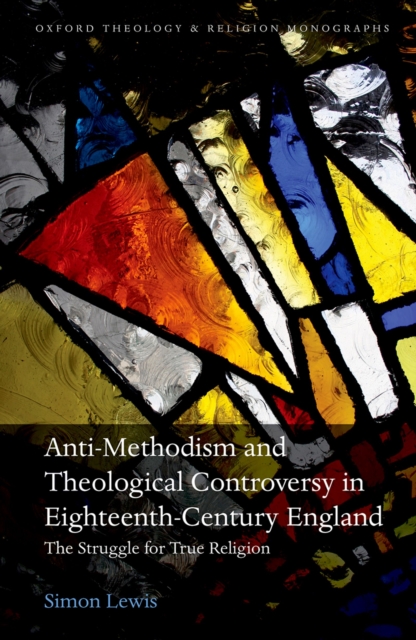
Anti-Methodism and Theological Controversy in Eighteenth-Century England : The Struggle for True Religion PDF
by Simon Lewis
Part of the Oxford Theology and Religion Monographs series
Description
John Wesley and George Whitefield are remembered as founders of Methodism, one of the most influential movements in the history of modern Christianity.
Characterized by open-air and itinerant preaching, eighteenth-century Methodism was a divisive phenomenon, which attracted a torrent of printed opposition, especially from Anglican clergymen.
Yet, most of these opponents have been virtually forgotten.
Anti-Methodism and Theological Controversy inEighteenth-Century England is the first large-scale examination of the theological ideas of early anti-Methodist authors.
By illuminating a very different perspective on Methodism, Simon Lewis provides a fundamental reappraisal of the eighteenth-century Church of England and its doctrinal priorities.
For anti-Methodistauthors, attacking Wesley and Whitefield was part of a wider defence of 'true religion', which demonstrates the theological vitality of the much-derided Georgian Church.
This book, therefore, places Methodism firmly in its contemporary theological context, as part of the Church of England's continuing struggle to define itself theologically.
Information
-
Download - Immediately Available
- Format:PDF
- Pages:352 pages
- Publisher:OUP Oxford
- Publication Date:16/12/2021
- Category:
- ISBN:9780192668295
Other Formats
- EPUB from £56.21
Information
-
Download - Immediately Available
- Format:PDF
- Pages:352 pages
- Publisher:OUP Oxford
- Publication Date:16/12/2021
- Category:
- ISBN:9780192668295










